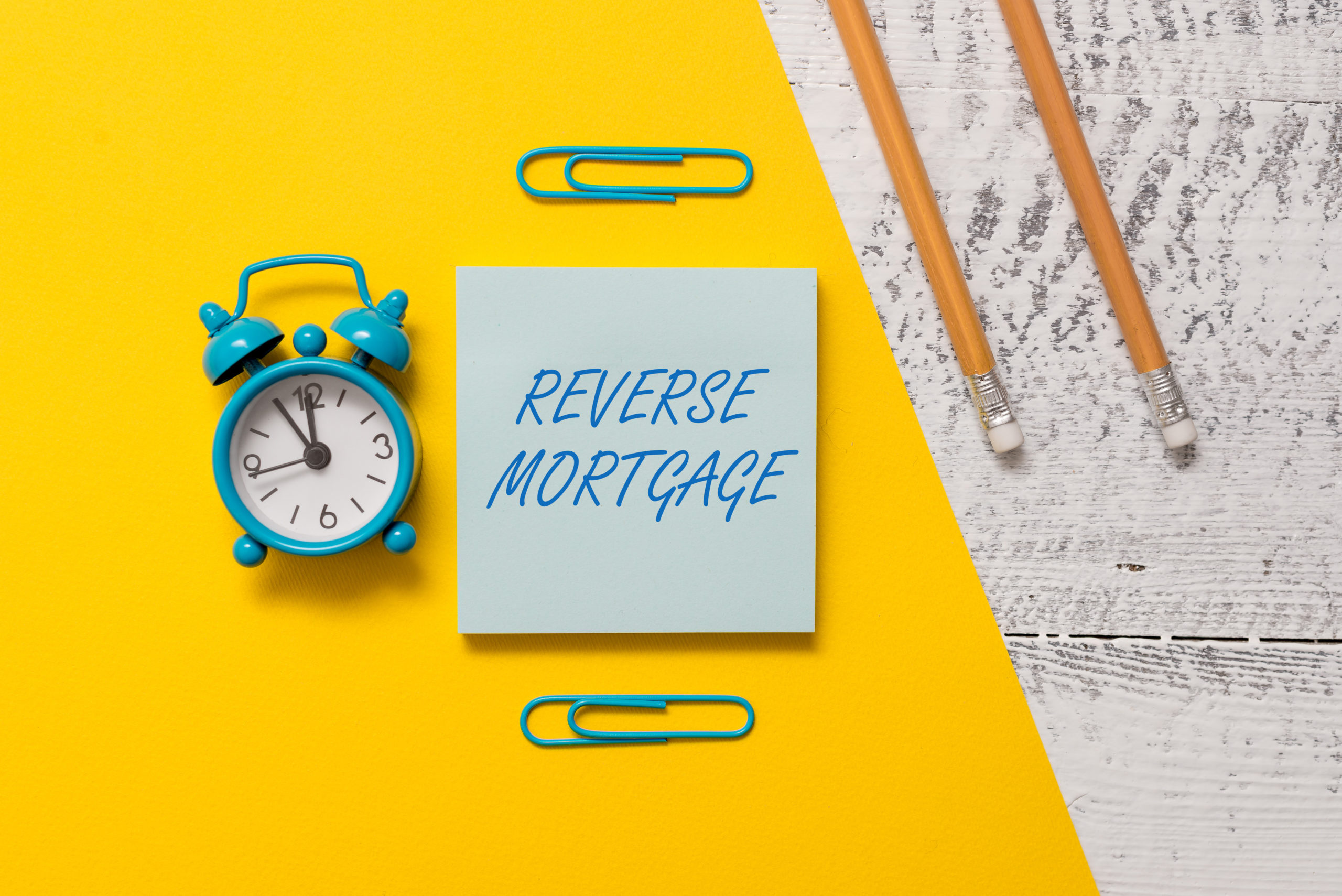The words “reverse mortgage” are circulating more and more these days. Advertising campaigns featuring Alex Trebek and Tom Selleck appear on T.V. with gentle promises for seniors of being able to get money from their home with little to no risk.

Why? Because America is getting older. The 80 million strong baby boom generation has started to retire, and many are homeowners looking for ways to gain value from their homes, without having to sell or give up the equity in their home.
How Does a Reverse Mortgage Work?
A reverse mortgage or Home Equity Conversion Mortgages (HECM) allows homeowners age 62 or older to convert their home’s equity into available cash.
With a reverse mortgage, the homeowner:
- Receives a loan based upon the existing equity in their home. The amount of money they are eligible to receive generally depends on the amount of equity in their home and their age at the time they get the loan.
- Retains ownership in their home. However, they are still responsible for property taxes, homeowner’s insurance, and keeping the property in good condition.
- Is not required to repay the loan balance as long as they live in their home. If they choose to move, they can pay back the loan through the sale of the property or through full repayment of the loan at any time without penalty.
- Retains ownership as long as they pay off the loan in full. The property can be sold to an unrelated party for the lesser of the unpaid mortgage balance, or 95 percent of appraised value. In both cases, the homeowner’s estate is usually granted a grace period of six-months to one-year to make a decision regarding the property.
The lender would only take ownership of the home in the event that the homeowner or the estate chooses not to repay the loan, and only after the grace period has expired.
Source: https://www.reversemortgagehelper.org
Reverse with Care
While a reverse mortgage can be a great option for homeowners, there are two reasons to be cautious.
- In most cases, reverse mortgages carry higher interest rates and closing costs than a traditional mortgage. Reverse mortgages also require mortgage insurance which adds an additional 1.25 percent in interest.
- A reverse mortgage is a loan that needs to be paid back eventually. If the homeowner (or their estate) are counting on inheriting the home or profiting from the future sale of the home, they need to take into account that the bank can take ownership of the home if the estate can’t sell or pay back the loan.
Before talking to a lender, the homeowner should always talk to a HUD approved housing counselor. A counselor serves as an impartial guide to help homeowners make the best decision.
If you have questions, about how to a reverse mortgage can help you to better manage the costs of home ownership, talking to our certified credit counselors can help. We can perform a thorough review of your finances, and provide you with the unbiased information that you need to make the right decision.
Ready to start? Schedule a free counseling session today or call us at 800-920-2262.
In our next article, we’ll talk about some of the ways that a homeowner can put a reverse mortgage to work.






